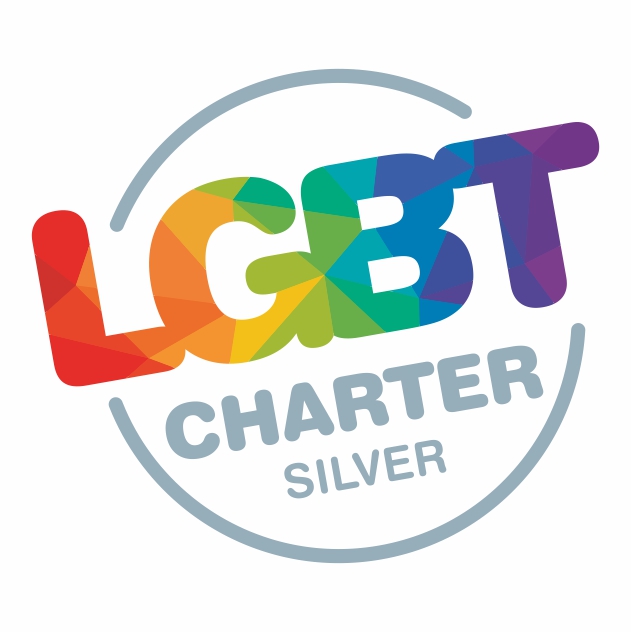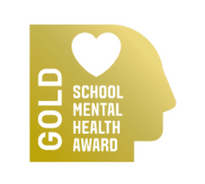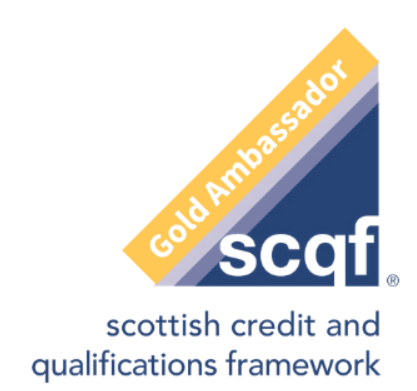S1/2 Science and Laboratory Science
Staff
| Mrs S Casey (Faculty Head Science and Physics) | Miss V Muir (Faculty Head Biology and Chemistry) | Mrs F Murphy (Depute Head Teacher) |
| Science and Chemistry: | Science and Biology: | Science and Physics: |
| Mr C Docherty | Mr P McTaggart (Principal Teacher Biology) | Mr S Connochie |
| Miss K Murdoch | Miss E Aitchison (Pupil Support Manager) | Ms K Dundas |
| Mr J McGuire | Miss G Ross | Mr A Edgar |
| Miss K Ross | Miss T Cocozza | Mr C Stewart |
| Mr G Hannah | Mr J Woodall |
Courses and Resources:
Below you will find a range of resources and materials for BGE Science and National 5 Laboratory Skills. Simply click on the drop-down links to see what is available.
S1 / S2 BGE Science
| Topic Name | Homework | What you Should Know (summary sheets) | Revision Quiz | Other information |
| Introduction to Science | What You should Know | |||
| Heat and Matter | Homework 1-4 | What You Should Know | ||
| Elements and Chemical Reactions | Homework 1-6 | What You Should Know | Revision Quiz | |
| Energy | What You Should Know | Revision Quiz | Energy Video | |
| Planet Earth (Habitats) | What You Should Know | Revision Quiz | ||
| Electromagnetic spectrum (Over the Rainbow) | Homework 1-2 | What You Should Know | Revision Quiz | |
| Solutions, acids and alkalis | What You Should Know | Revision Quiz | Acids and Alkali Video | |
| Cells and the Human Body | What You Should Know | Revision Quiz | ||
| Electricity | Homework 1-4 | What You Should Know | Revision Quiz | Summary Notes |
| Microbiology | Homework 1 | What You Should Know | Microbes Video |
National 5 Laboratory Skills
Unit 1: Working in a Laboratory
- This Unit provides candidates with the opportunity to gain practical experience in measuring and weighing quantities, basic laboratory skills such as handling chemicals, preparing solutions, and in calculating and presenting results of practical work.
- Safety and security procedures are addressed to enable candidates to maintain health and safety while working in a laboratory environment and a risk assessment is carried out.
- Opportunities will arise for the development of numeracy and communication skills when recording and reporting practical work.
Unit 2: Practical Skills
- Candidates will learn how to perform complicated laboratory procedures safely using appropriate equipment.
- This includes working safely with microorganisms in a laboratory setting including how to pour agar plates using asceptic techniques, subculture micro-organisms, and prepare wet and dry mounts.
- Radioactivity will be measured and detected using the appropriate instrumentation, candidates will learn how to describe the safety requirements when working with radioactive materials and accurately record measurements.
Unit 3: Practical Investigation
- Candidates will develop skills through planning a practical investigation while working with others.
- Candidates will contribute constructively to the group planning discussions throughout.
- They will also learn how to record results and observations in an appropriate format which will include the correct use of SI units.
- Pupils will learn how to self evaluate by identify strengths and areas for improvement in terms of their own contribution to the planning and implementation of the investigation, taking account of feedback from others as part of this review, and identify action points.
Unit 4: Careers in the Laboratory
- This Unit introduces candidates to the wide range of industries and services which use scientific knowledge and laboratory skills.
- Candidates will learn about the variety of ways in which science and laboratory skills are used in different industries and services and about the job roles which use these skills.
- Candidates will investigate a range of career opportunities within industries and services which use laboratory science and investigate the skills, qualifications and experience required for a job role of personal interest within the field of laboratory science.
- Candidates will have the opportunity to reflect on and evaluate their own employability skills and attributes.








